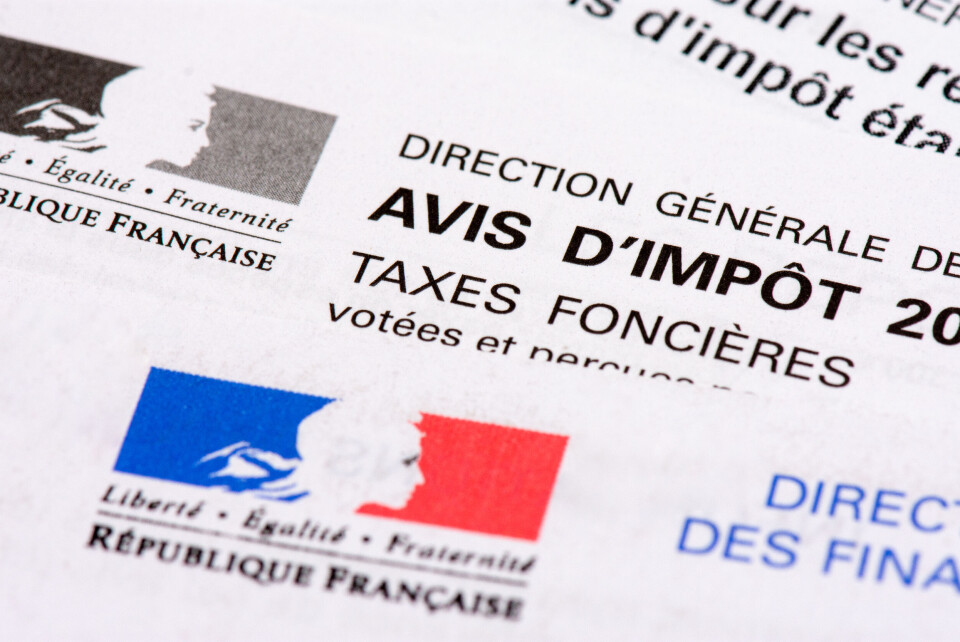-
Property tax deadline is extended in France after website crashes
Thousands logged on simultaneously to pay their taxe foncière bill just before midnight deadline
-
2024 French property tax: which areas are seeing the highest rises?
We review how the taxe foncière is calculated, and which areas have seen the largest increase
-
French property tax hits owners of lower-value homes disproportionally
Taxe foncière represents up to two months of mortgage repayments in some areas. We also look at reductions and exemptions
Taxe foncière cap: why not all French property owners may benefit
The government is to review capping the rentable value that informs the tax but it is not the only factor used to set the final bills

Measures to limit rises to the taxe foncière property tax are set to be announced this autumn by the finance ministry.
The tax is calculated using a home’s rental value – the income it would theoretically generate if it were rented out – which changes each year in line with inflation, set to reach 7% year on year in September.
Read more: Air-con restrictions? Tax foncière rates: Five French property updates
Extend renters’ cap to homeowners
France took action to shield renters from the cost-of-living crisis earlier this summer, capping rent rises at 3.5% for a one-year period.
Now it is reported that the government is considering introducing a similar measure for homeowners, which will be debated when it presents its budget for 2023 in the autumn.
Local authorities set the percentage paid
Although the finance ministry has the power to cap rental values, tax due is then calculated by applying a rate set by local authorities.
Read more: Taxe foncière bills rising by over 10% in several French towns
Several cities have already announced significant rises to these rates, including 14% in Marseille.
Property-owners’ association the UNPI has called for a rental value freeze but said this “will not have much impact in cities like Marseille. That is why, ideally, local tax rates would also be frozen”.
They did however add that the measure being proposed would be better than nothing. “Limiting taxe foncière rises is one of our demands for maintaining the spending power of property owners, who have multiple challenges to overcome, including energy renovation work and the rental price freeze.”
With a few exemptions, the tax is due on all property-owners.
Related articles
Are French second home property taxes different for non-residents?
French home waste collection charge on rise - who pays this and how?
How French tax authorities are tracking undeclared swimming pools
























